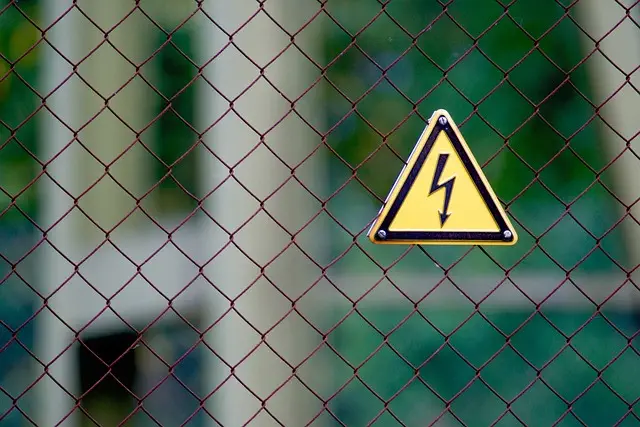Chronic pain, affecting millions globally, requires comprehensive management. Kratom, derived from Mitragyna speciosa, offers natural analgesic properties with lower addiction risk than opiates. Legality of kratom in Louisiana is complex, with varying regulations based on mitragynine concentration. Individuals seeking chronic pain relief should consult local laws and healthcare professionals before considering kratom as a complementary therapy. "Is kratom legal in louisiana" is a key consideration for navigating these complexities.
Chronic pain affects millions, significantly impacting quality of life. This article explores effective management strategies, with a particular focus on kratom—a natural extract gaining attention as an alternative treatment. We delve into the science behind its efficacy and safety, particularly in the context of Louisiana’s regulatory landscape. Understanding the legal status of kratom in Is Kratom Legal in Louisiana? is crucial for those seeking relief. This comprehensive guide aims to equip readers with knowledge to navigate this alternative therapy safely.
- Understanding Chronic Pain and Its Impact
- Exploring Kratom: A Natural Option
- Is Kratom Legal in Louisiana? A Comprehensive Look
Understanding Chronic Pain and Its Impact

Chronic pain is a complex condition that affects millions worldwide, significantly impacting an individual’s quality of life. It’s defined as pain lasting longer than 12 weeks, often persisting despite typical treatments. This prolonged discomfort can manifest in various forms, such as neuropathic pain, arthritis, or fibromyalgia, and it may be localized to a specific area or diffuse throughout the body. The impact of chronic pain extends beyond physical suffering; it can lead to emotional distress, sleep disturbances, fatigue, and even cognitive impairments. Those dealing with it often struggle with daily tasks, experience reduced mobility, and may face social isolation.
In Louisiana, understanding and managing chronic pain have taken on added significance, partly due to the question of whether kratom—a natural herb known for its analgesic properties—is legal there. With a growing awareness of alternative treatment options, many residents are exploring kratom’s potential as a pain management tool. However, navigating the legality and effectiveness of kratom requires careful consideration, especially given the variability in regulations across different states. This discussion highlights the importance of comprehensive chronic pain management strategies that may include both conventional treatments and complementary approaches like kratom, always under professional guidance.
Exploring Kratom: A Natural Option

Kratom, derived from the tropical plant Mitragyna speciosa, has gained attention as a potential natural solution for chronic pain management. This herbal extract offers a unique alternative to traditional medications and is known for its analgesic properties, helping individuals find relief from persistent discomfort. In Louisiana, where discussions around is kratom legal in Louisiana have been prominent, understanding its benefits and safety profiles is essential.
The plant’s active compounds, mitraginin and 7-hydroxymitragynine, are believed to interact with opioid receptors in the body, providing pain-relieving effects similar to opiates but with a lower risk of addiction. However, it’s crucial for users in Louisiana to stay informed about local regulations, as the legal status of kratom varies across states and regions. Exploring kratom as a complementary therapy can be an intriguing prospect for those seeking non-pharmaceutical interventions for chronic pain.
Is Kratom Legal in Louisiana? A Comprehensive Look

In Louisiana, the legality of kratom remains a nuanced topic. While some forms of kratom are considered legal as natural herbal supplements, the state has specific regulations regarding its sale and possession. It’s crucial to understand that kratom is not recognized by the FDA as a medicine, and its effectiveness for pain management is still under debate.
Louisiana laws permit the sale and use of certain kratom strains containing low levels of mitragynine, the primary psychoactive compound in kratom. However, selling or possessing kratom with higher concentrations of this compound can lead to legal consequences. Before considering kratom for chronic pain management in Louisiana, individuals should consult local regulations and speak with healthcare professionals about the risks and benefits associated with its use.
Kratom offers a promising natural solution for managing chronic pain, but it’s crucial to consider its legality in Louisiana. While the plant’s popularity grows, the state’s regulations on kratom remain strict. For those seeking alternative pain management options, understanding the legal framework is essential before exploring this potential aid. Further research and consultation with healthcare professionals are recommended to ensure safe and responsible use of kratom within Louisiana’s legal boundaries.














